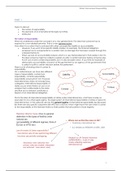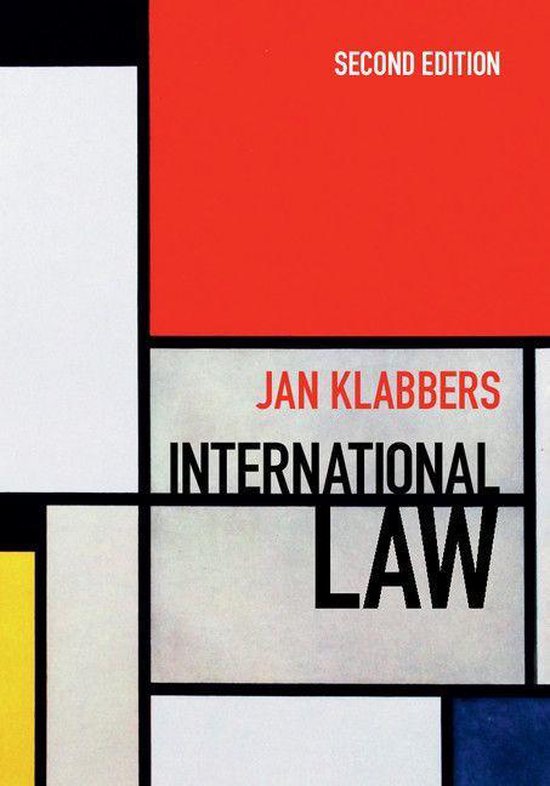Class notes
Webcast 'State Responsibility' PIL
- Course
- Institution
- Book
This is a very extensive elaboration of the webcast on 'Law of treaties'. (Almost) 1:1 what the teacher says. Including examples and practice questions with answers.
[Show more]




